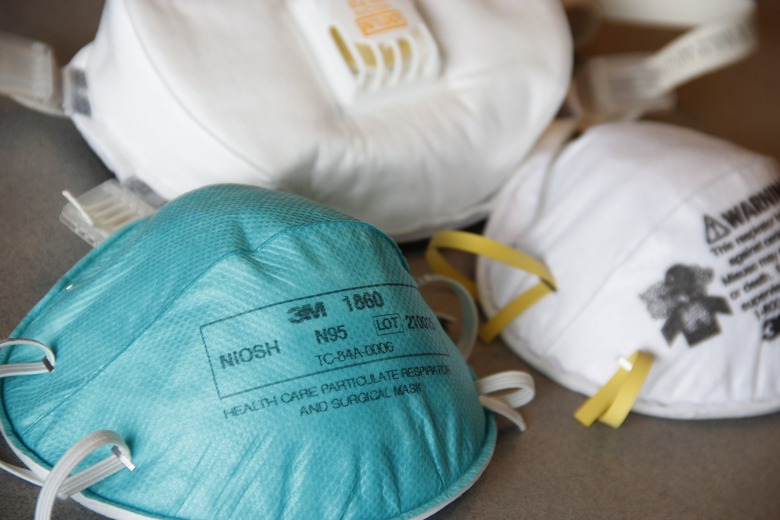Coronavirus study gives ominous warning about US and UK strategy
A blunt new coronavirus report warns mediocre reaction strategies in the US and UK could lead to a huge spread of the pandemic, with experts expressing doubt that current strategies will be sufficient to avoid hundreds of thousands of deaths. Officials in both the US and UK have been criticized in recent weeks for taking too relaxed a stance on isolation and COVID-19 testing.
In China, South Korea, Japan, and elsewhere, the response to the health pandemic has been swift and aggressive. Mass testing to identify those infected, together with effective quarantine processes and a clamp-down on socializing have helped keep the community spread levels relatively low. In turn, that has dampened fatality rates and reduce the demands placed on healthcare facilities.
Elsewhere, though, the response hasn't been so focused. A study by the COVID-19 Response Team at London's Imperial College warns that non-pharmaceutical interventions (NPIs) put in place by the US and UK simply won't be sufficient. In particular, the idea of mitigation by isolating those who are identified as sick, plus social distancing advice for everyone else, is of limited value for preventing coronavirus from spreading.
Instead, the report's authors recommend, far more aggressive steps are needed. If community spread is to be effectively avoided, "suppression will minimally require a combination of social distancing of the entire population, home isolation of cases and household quarantine of their family members," they warn. "This may need to be supplemented by school and university closures," it's added.
The coronavirus state of play in the US and UK isn't enough
What's being done now will cut infections and fatalities, the study's authors acknowledge, but the cost is still too high. Optimal mitigation policies – where suspect cases are isolated at home, those in the same household are quarantined, and social distancing is followed by the elderly and others at most risk – could trim the peak healthcare demand by two-thirds. The death toll could be halved.
However even mitigated, the coronavirus epidemic would probably "result in hundreds of thousands of deaths and health systems (most notably intensive care units) being overwhelmed many times over."

Instead, it's recommended, suppression needs to be implemented. That isn't going to be a quick fix, either.
COVID-19 suppression until a vaccine is ready
Aggressive suppression isn't a fix in and of itself. Instead, it's a way to manage demand on healthcare and prevent needless deaths until a pharmaceutical answer is ready. That probably means a vaccine, and that's likely to be 18 months or more away.
If interventions are relaxed before that, even if the infection rate dips, "we predict that transmission will quickly rebound" the experts say. Even apparently successful suppression in China and South Korea may not be the end of it. "Last, while experience in China and now South Korea show that suppression is possible in the short term, it remains to be seen whether it is possible long-term, and whether the social and economic costs of the interventions adopted thus far can be reduced."
Vaccine trials for coronavirus began in the US earlier this week, and late last week President Trump insisted that broader access to COVID-19 testing was about to be made available at drive-thru locations across the US. Nonetheless, it seems clear that without more stringent impositions limiting social activities, cases are likely to continue to grow in number.
